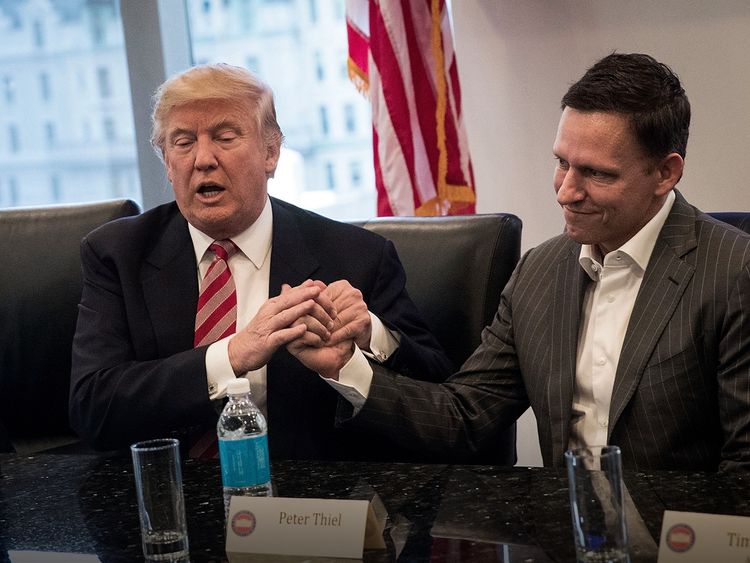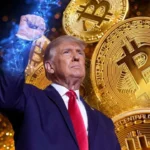Peter Thiel, known for his groundbreaking investments and controversial opinions, has emerged as a significant player in American politics. He has aligned himself closely with Donald Trump as one of his most outspoken and influential supporters. With a background in Silicon Valley and a knack for unconventional thinking, Thiel is more than just a wealthy donor; he is a committed anti-globalist and a critic of the very tech industry he helped to establish.
At 57, Thiel co-founded PayPal and was the first major investor in Facebook, contributing to the rise of the world’s largest social media platform. His partnership with Trump extends beyond mere political backing; Thiel shares an ideological alignment with Trump’s vision for a more self-sufficient and resilient America. In recent speeches and interviews, he has criticized what he describes as “Big Tech’s overreach,” advocating for radical innovation and a shift towards a more nationalist economic approach.
As Trump prepares for a potential return to the White House, Thiel is anticipated to play a crucial role in shaping technology policy and countering globalist influences, establishing himself as a disruptive force in both the tech and political landscapes. His influence highlights a growing trend among powerful industry leaders skeptical of globalization and eager to champion a vision emphasizing American independence and industrial revival.
With Thiel’s backing, the Trump administration will likely persist in challenging established norms, whether in foreign policy or technology regulation. As Thiel has stated, “What I want is disruptive innovation.” This philosophy is now set to impact America’s future significantly.









